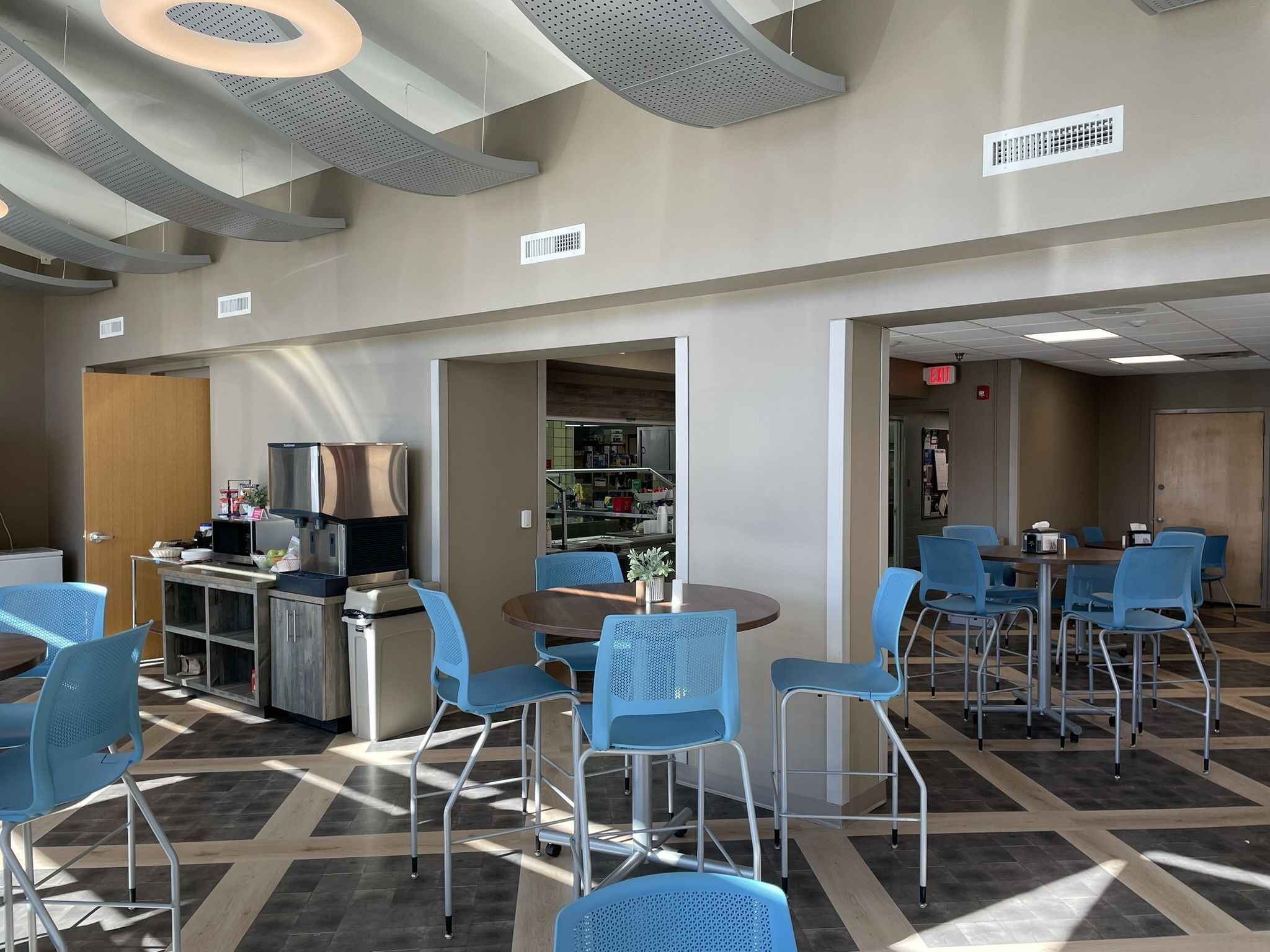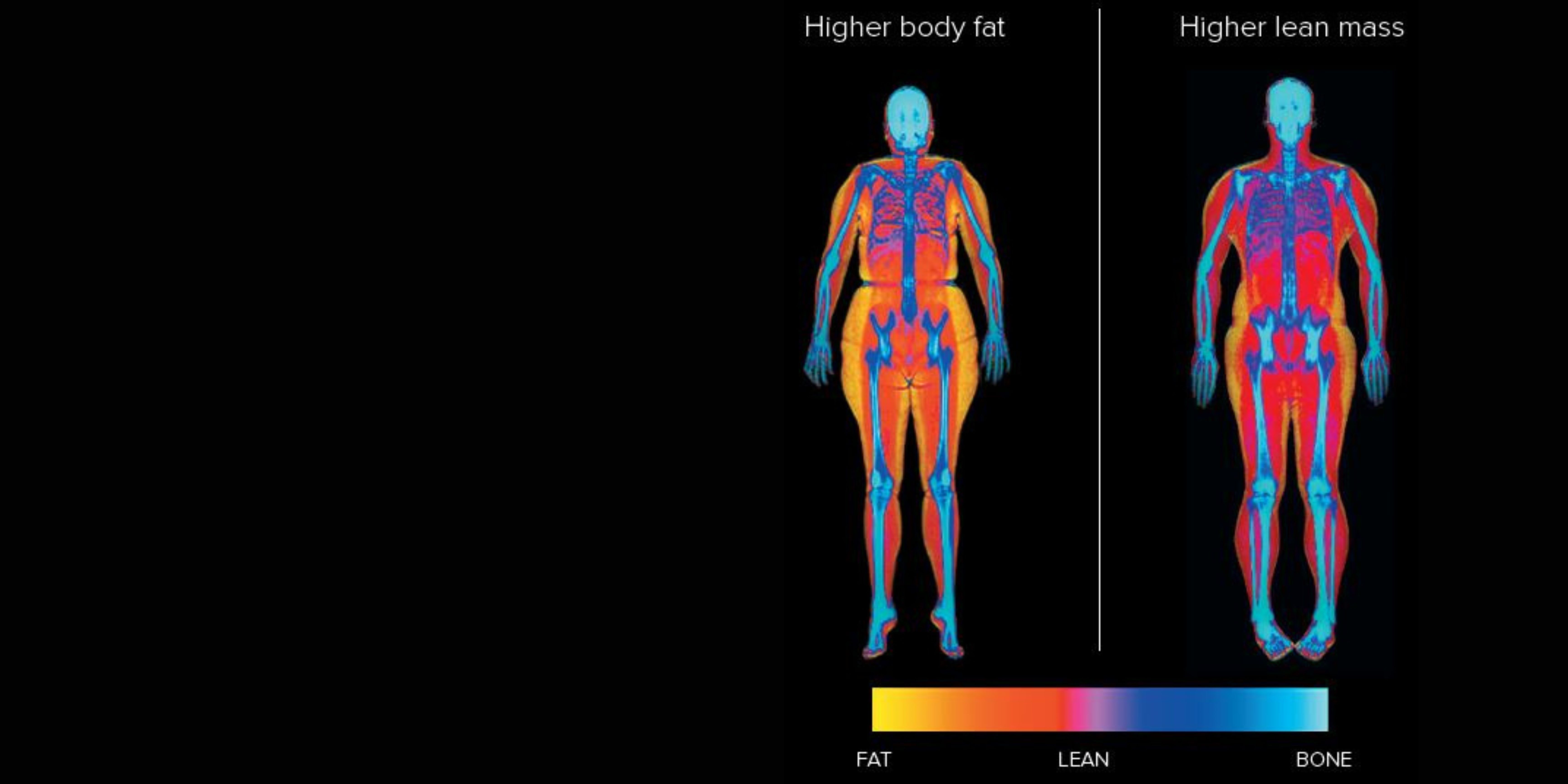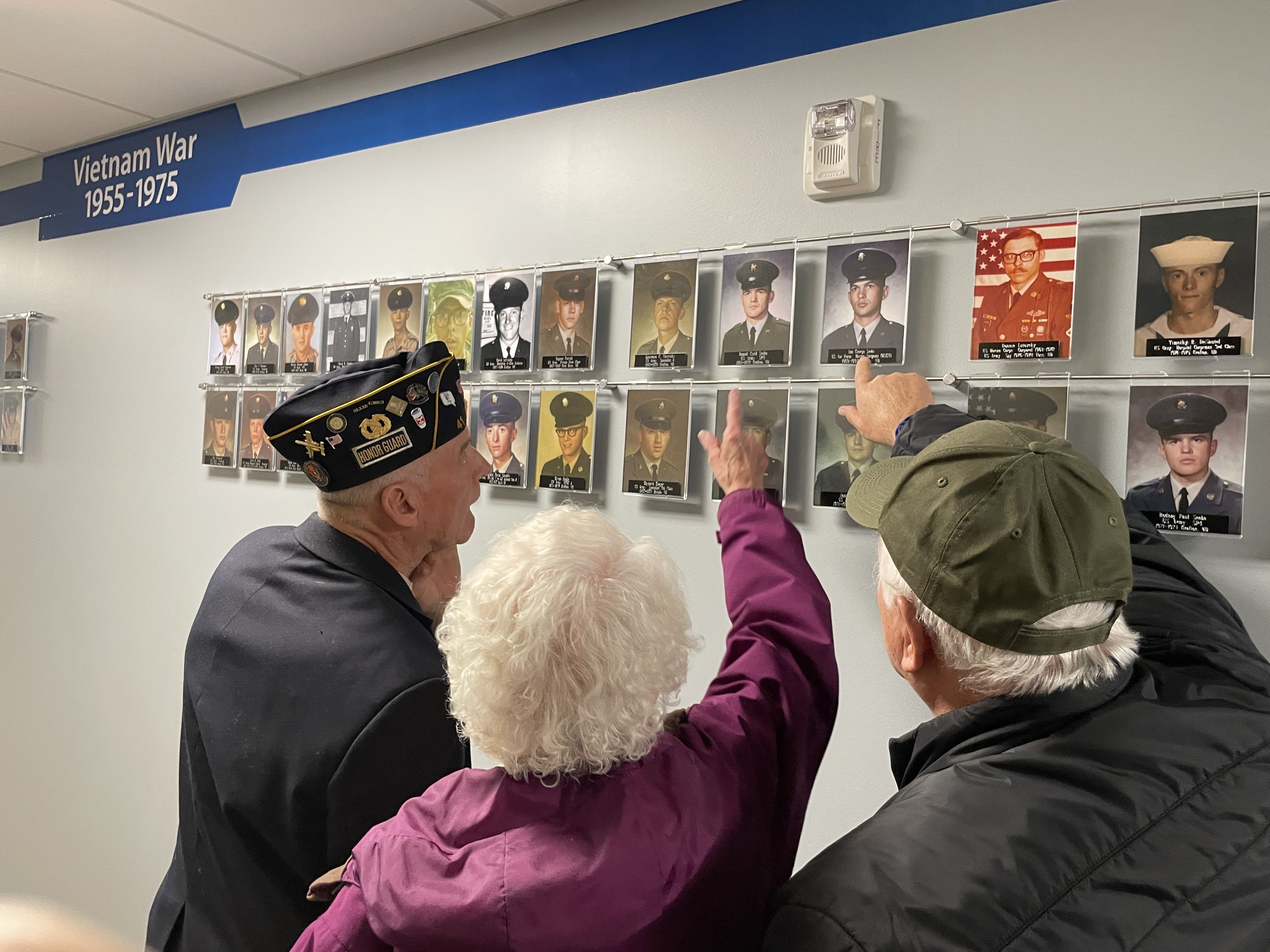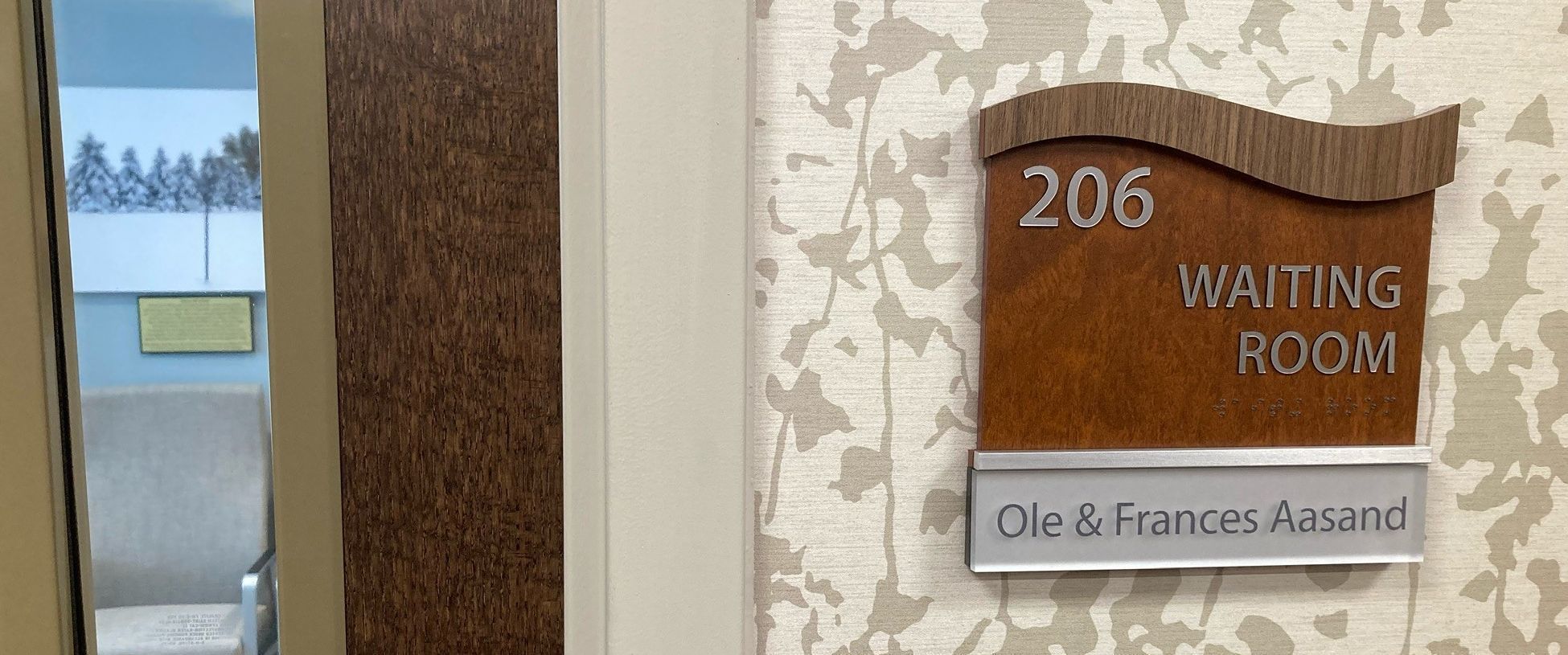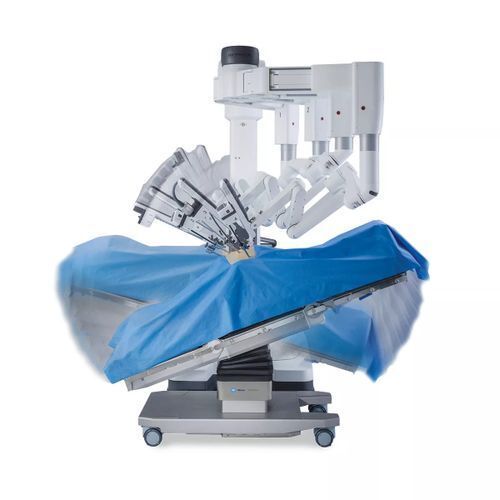
Leading up to Giving Hearts Day, we visited with a lot of people regarding this year’s fundraising purpose: a surgical table for Unity Medical Center’s new daVinci surgical robot, which is the first surgical robot at a rural North Dakota health care facility.
I was somewhat familiar with this type of robot from my days working at the University of North Dakota School of Medicine & Health Sciences, where Sanford Health once brought its daVinci robot so that medical students--perhaps interested in a surgery specialization--could practice with the equipment. It was exciting new technology for the students, offering a steady hand and better images than any human. In the operating room, robots can also make smaller incisions that heal faster and are less likely to get infected.
Leading up to Giving Hearts Day, we understood that prospective patients might view this new technology differently than the medical students did. We emphasized that the robot is not replacing the surgeon, but that general surgeon Dr. Michael Bittles is controlling the robot for a better patient outcome. But even the North Valley Career & Technology Center students who visited our Open House had some good questions about how patients might feel about that technology. Understandably there are times when innovation can—and probably should--make us wary. But in this case, the new surgical technology is truly beneficial to patients. Still, these were good conversations to have with the community.
This leads me to another innovation being debated across the world right now: artificial intelligence (AI). While I can’t speak about how that is being considered in direct patient care in the future, I did see a demonstration last summer in which ChatGPT wrote a page-long donor appeal--at the push of a button--incorporating behavioral theories Nudge Theory (what makes people want to do something) and cognitive bias (what makes people not want to do something). While the finished product still needed some human editing and customization, I was surprised at how well the appeal was written and in such a short amount of time. I thought to myself how long it would have taken me (a professional writer) to research and write something similar. It would have taken days for sure. What an eye-opener, to say the least!
There will be a lot of ethical and legal debates about AI in the future, and I’m certainly not saying we’ll be incorporating AI in anything we do at the UMCF anytime soon. We will continue to value human interaction and utilize personal correspondence as much as we can. But it is interesting to see how the technology could be used positively, similar to the surgical robot.


